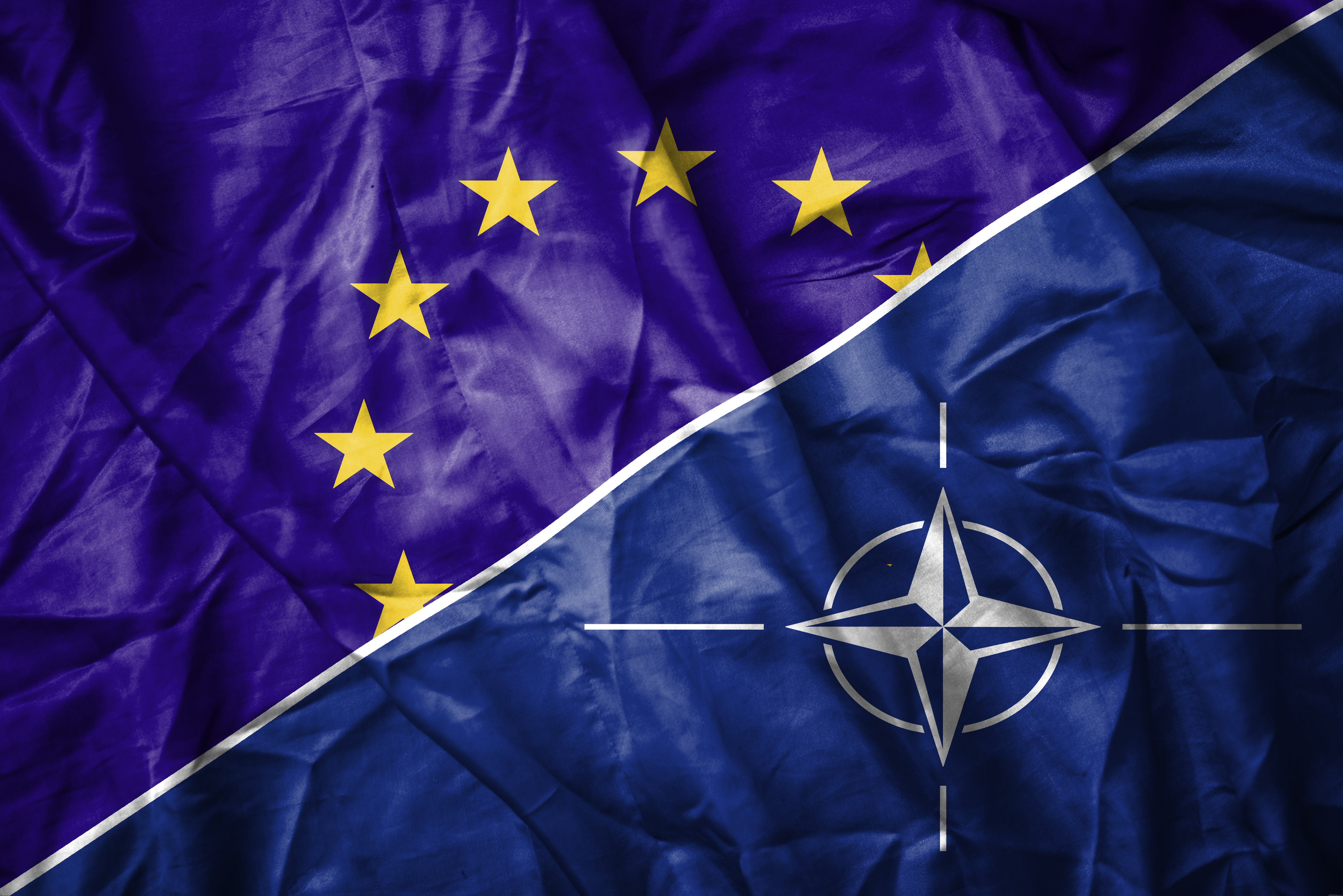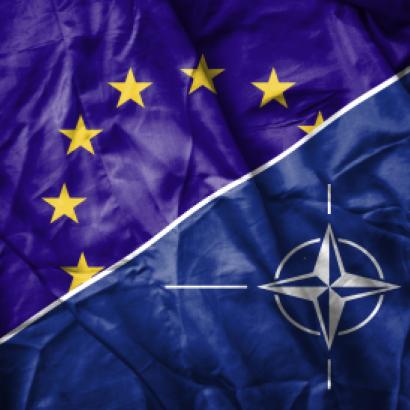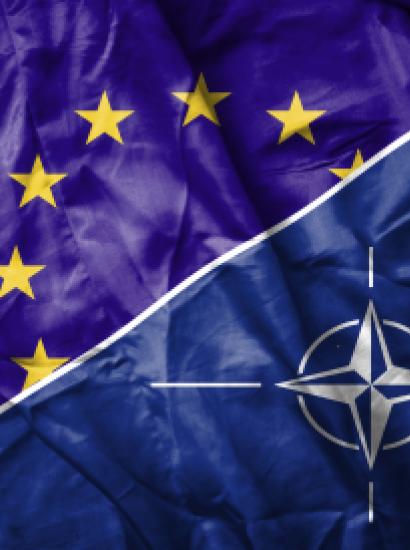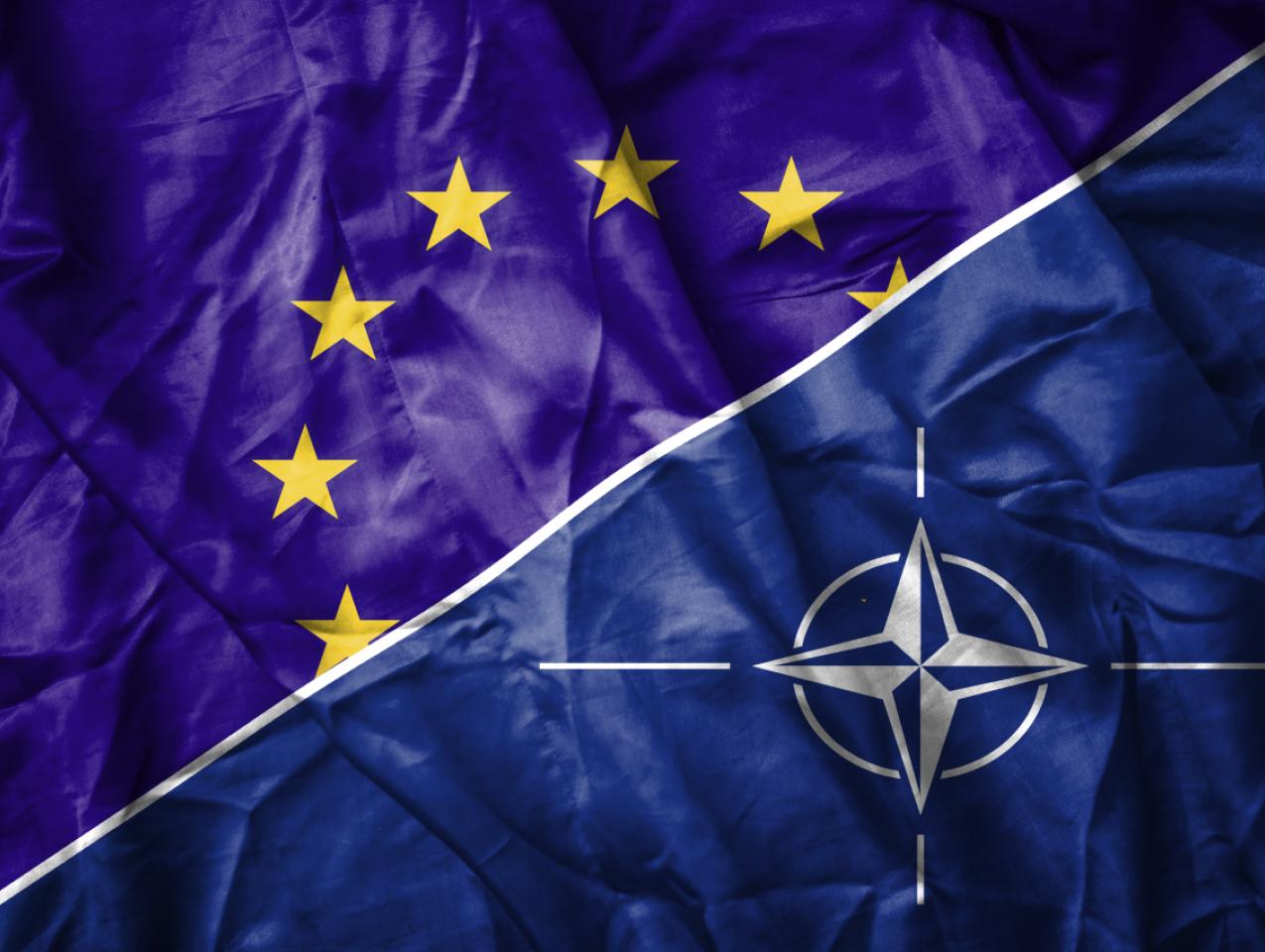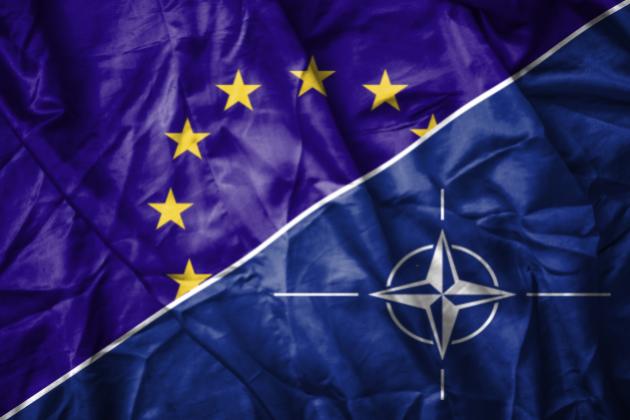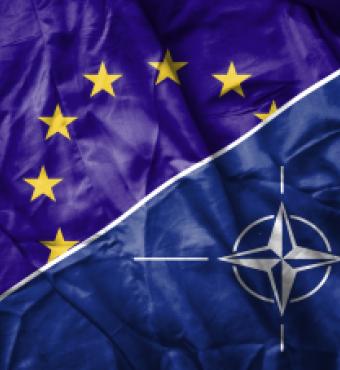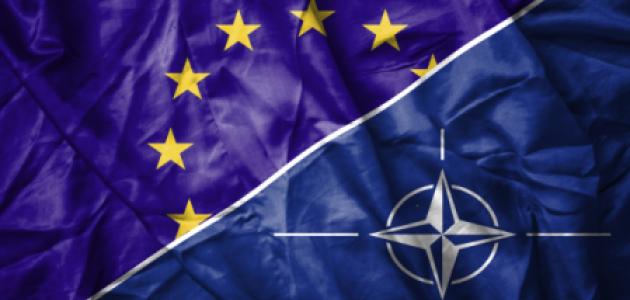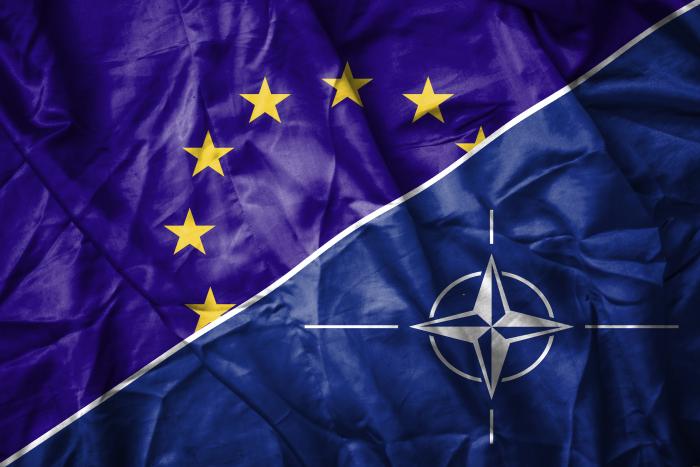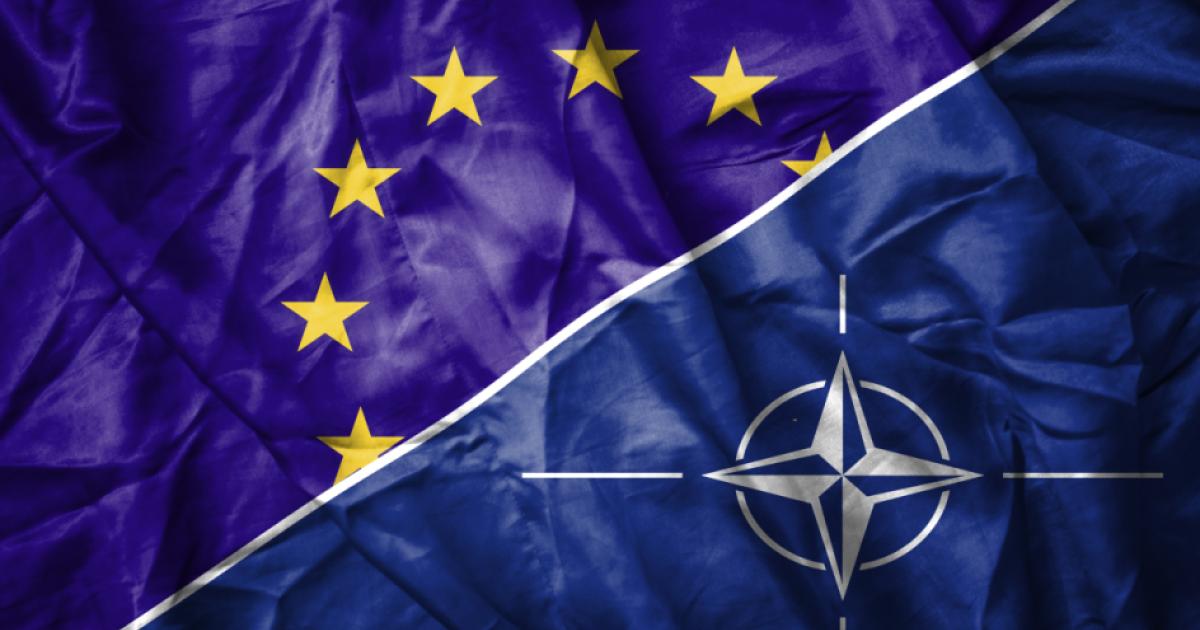- History
- Military
As the truism goes, “all wars must end.” Certainly, the Russo-Ukrainian conflict will at some time in the future come to its dismal denouement. One of the issues of the moment, then, is how a future Ukraine should relate to NATO and the European Union after the conflict’s termination. The problem that confronts the United States, the Ukrainians, and the Europeans is the reality that no matter how Russia’s current “special military operation” ends, the outcomes will be much the same: a truculent, hostile Russia with its traditional paranoia firmly in place. There are three potential endings: a Russian victory, some form of compromise that leaves one or both of the contestants dissatisfied, or a Ukrainian victory in which the Russian Army has been humiliated both abroad and at home. And this state of affairs has profound consequences for what track the United States should encourage the Ukrainians to follow.
A Russian victory, of course, would carry with it massive, deleterious consequences that would remove the question of Ukraine’s continued existence, much less its security, from the international arena. We would see the dismal recreation of Peter the Great’s state in Putin’s Russia, along with Moscow intending to maintain control over its neighbors, Finland, Sweden, Estonia, Latvia, Lithuania, and Romania, for their outrageous efforts to provide support for “Russia’s little brother.” NATO would either disappear or become irrelevant, while the European Union would become a pale shadow of its idealistic hopes for the future. And perhaps, most important, the United States would retreat into the disastrous isolationism that had marked its performance before 1940, when it had to be dragged kicking and screaming into global politics. And finally, with memories that American weapons or those it had persuaded its allies to provide the Ukrainians had terminated or permanently injured hundreds of thousands of its soldiers, Russia would remain a power deeply inimical to the interests of the United States.
Luckily, it appears, at least at present, there is little likelihood the Russians will be able to achieve a significant military victory over the Ukrainians armed with vast amounts of Western military kit far superior to anything the Russians possess. Nevertheless, it is unlikely that the Ukrainians will achieve a decisive victory, at least over the course of this year. Thus, the only foreseeable peace would be that which the current appeasers have called an “off ramp.” Such a peace could only occur after the two contestants have become so exhausted that they agree to an armistice.
However, it would require that the Ukrainians suffer so badly that their nation’s will have been broken by the casualties and damage the Russians have inflicted on them. Given the support the United States and others have tendered and will continue to provide over the coming year, not to mention the justified fury the Ukrainians feel given Russian atrocities, it is unlikely the Ukrainians would agree to any “off ramp” armistice. As for the Russians, there is no chance of a lasting armistice with the Ukrainians as long as Putin remains in control. The only chance of any “off ramp” succeeding would be his assassination, and that is indeed an idle hope.
The third possible ending to the war is an outright defeat for the Russian military: one that involves the collapse of the army throughout Russian-occupied Ukraine as well as the surrender of tens of thousands of Russian soldiers and their arms. Even then, it is unlikely that Russian leaders, even in a post-Putin era, would agree to a lasting peace that involved a return of the territories occupied by the Russians in 2022 as well as most of the pre-2014 areas. Instead in this scenario we shall see well into the next century a situation quite similar to the period which followed Germany’s defeat in World War I and the signing of the treaty of Versailles. Then, the great majority of Germans, and not just the military, firmly believed the myth that their army had remained in the field unbroken and undefeated. But stabbed in the back by Jews and Communists, the so-called Dolchstoss legend, the Reich had lost the war. For the next twenty years, the Germans prepared ruthlessly and effectively for der Tag when they could repay not only what they termed the “season states” of Eastern Europe, but eventually gain revenge over the Allies that had humiliated them in 1918. That day came in September 1939 and May 1940.
It is likely that we would see the same pattern repeated in the post-Ukrainian conflict, as the Russians absorbed the implications of defeat. This will be especially true given the heavy losses they have already suffered and are likely to suffer in the future. Faced with the open hostility of the great mass of the Russian people, the United States has only grim choices. The least attractive would be to run away and hide from a Russian state that will take every chance to sow the seeds of discord in a Europe that has united over the invasion of Ukraine. Continued political and terrorist actions, particularly with cyber warfare, would attack not only the Ukrainians, but the Latvians, Lithuanians, and Estonians, all of whom live with substantial Russian minorities within their state. Moreover, the Russians would aim to restore their conventional military power, this time removing much of the corruption and incompetence that has led to the current catastrophe.
The only reasonable choice would be to encourage the Ukrainians to tie themselves to NATO as tightly as possible. The EU offers less of a stabilizing prospect because it is not a military organization, although a connection between the Ukrainians and both organizations would provide the optimum political and strategic solution. An American alliance with just the Ukrainians makes less sense because it is crucial that, in any future confrontation with the Russians, NATO nations find themselves forced to provide weapons. Unless NATO nations are tied to Ukraine, they might be unwilling to continue providing the support such as they have given over the past year.
There is no doubt, given the geographic realities of contemporary Europe, that the United States would find Russia’s immediate Eastern European neighbors more than willing to support the Ukrainians in any potential hostile action by the Russians. Support from the Western powers like France and Germany, not to mention the other smaller states, could prove questionable unless they are tied to NATO. Thus, whatever the outcome of the current conflict in Ukraine, the Ukrainians and the Americans can only look forward to a hostile Russia that will require the full political, strategic, and military attention of the United States and NATO. To paraphrase the comment made by the British commander at Quebec, General James Wolfe, strategy “is an option of difficulties.”







